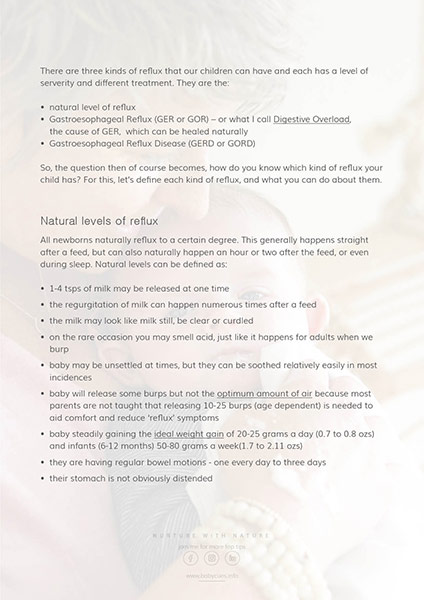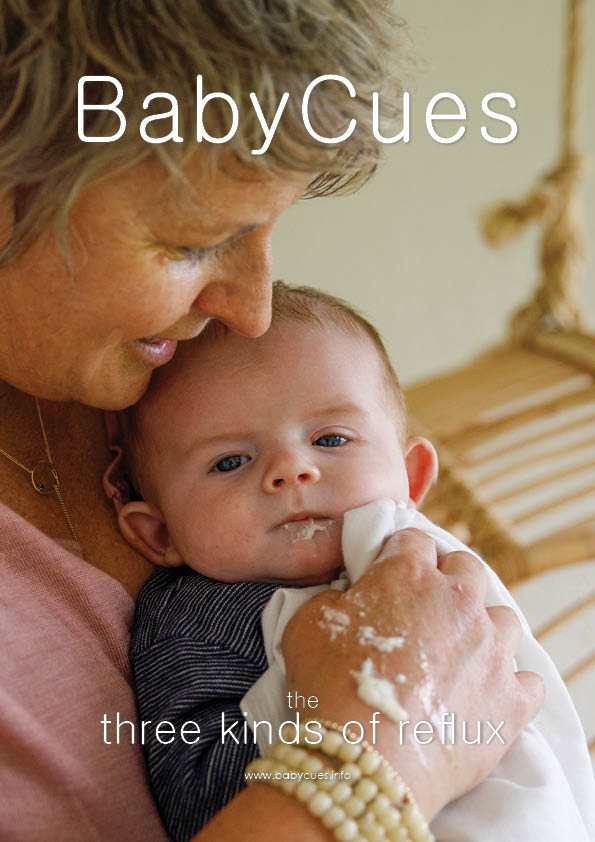Teething - the digestive impacts

So first please know this…
Your baby can have the teething symptoms of red cheeks, drooling, rubbing their face or cheeks, and constipation or diarrhoea, nappy rash even when the tooth or teeth are moving under the gums, so not even erupting.
Also know that all symptoms, which I list in my free "Safe Remedies for Teething" where you'll also find thirteen natural solutions, don’t have to be present for teeth to moving, and contrary to belief, teething symptoms can be present from birth. They don’t necessarily start at 6 months onward. This is because your baby’s teeth buds are present at around six weeks gestation, and from that moment onward they are growing and changing. That doesn’t stop just because of birth.
Secondly…
As many parents know, teething can unsettle sleep because of the discomfort the child feels in their gums, which can cause their entire jaw to throb – think tooth ache as an adult. Painful sometimes, yes.
But what is not currently talked about a lot is the fact that teething symptoms can have a profound effect on the infant’s digestive system because of the natural increase in salivary enzymes and the natural attention, or focus an infant has on the pain in their gums. And get this… while there are natural solutions for these issues, both of these factors can exacerbate “reflux symptoms”, or what I call Digestive Overload, the real, naturally healable cause reflux and colic, for two main reasons.
Keep reading after the Digestive Overload Mini Course that you can watch for FREE in my BabyCues Community...
If the discomfort from the teeth moving is painful, then an infant’s natural attention becomes focused on that discomfort. My clinical research on trapped air in the infant’s body has shown that when a baby is feeling high levels of discomfort in the body, they are less likely to burp. This is because a baby needs to ideally feel relaxed to allow the air to be released out of the mouth from the stomach. The same applies when teething. Because the infant is focused on discomfort in their mouth, they naturally burp less, which of course means more air is retained in the stomach which creates three natural occurrences:
- that retained, overabundant air pushes more milk upward, out of the esophagus perhaps contributing to the thinking that your baby has “reflux”, or their refluxing is worsening, and…
- the trapped air that isn’t released continues to travel through the digestive tract, which increases bloating, gas, and digestive discomfort, leading to unsettled sleep patterns, constipation, pedaling legs, arching backwards etc. This is sadly, often labelled “sleep regression”, which for what it is worth, is a term made up from sleep consultants that have parents believing that this is caused by a developmental leap. But having cared for infants in a time when “sleep regression” did not exist and we knew that teething was the cause of more unsettled sleep, well I call hogwash on the rising teaching called “sleep regression”. Anyway, I digress…
- As mentioned, one of the symptoms of teething is an increase in salivary excretion and therefore salivary enzymes, like amylase and lipase. Now as those overabundant enzymes interact with the stomach acid it creates a souring of the milk that can then be washed back up the oesophagus from the overload of trapped air, causing varying degrees of heartburn. This is a natural phenomenon labelled as Water Brash in the adult world of excessive salivation.
So, please be aware that, while a baby may regurgitate more during teething, it doesn’t mean they need to be treated for gastroesophageal reflux with milk thickeners, or acid inhibitors. It simply means that they are moving through a natural stage of unfurling, and these symptoms are something that will come and go as their glorious teeth jostle under the gums and emerge.
Keep reading after the FREE Reflux booklet below...
The three types of reflux
Unravel the confusion around reflux. Define your child's symptoms and learn the overview of treatment that could be best for them.


- Define reflux
- Symptoms for each kind of reflux
- Overview of treatment


WHAT'S INSIDE
- Define reflux
- Symptoms for each kind of reflux
- Overview of treatment
What I suggest parents don’t do during this time…
- Do not feed your baby more milk or solids, thinking they are hungry because they are more upset. Now I know that can be hard to define, so if bottle feeding this guide of mine will help you to know the quantities your baby would ideally be having every four hours (which is in accordance with their natural digestive function) up to the age of one. If breastfeeding, keep an eye on their suck swallow ratio while feeding so you can be confident, they are indeed taking in enough milk, when feeding three-and-a-half hourly to four hourly, which is again appropriate for digestive health.
- Do not use any remedy with Belladonna in. This has significant health complications for our infants.
- Do not give them a green onion to chew on, as is doing the rounds on the socials at the moment. It may or may not soothe the gums, but it definitely will not soothe their digestive system as any type of onions create more gas.
To find out natural remedies to offer through teething, and a list of the symptoms, download my Teething Solutions Guide, which you can either find in my BabyCues Infant Gut & Maternal Health Community, free to join at the moment, or signup to receive. These solutions and understanding are something that I wish all parents were taught.




 Submitting data
Submitting data